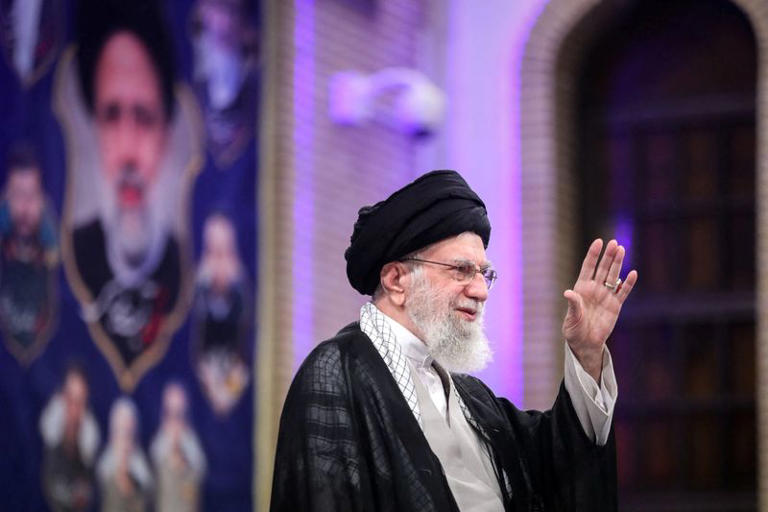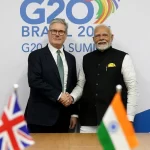Iran’s Supreme Leader, Ayatollah Ali Khamenei, firmly rejected a recent proposal from the United States concerning the country’s nuclear program, declaring that halting uranium enrichment would go completely against Iran’s national interests. His comments, made during a speech on Wednesday, highlight a key sticking point in ongoing negotiations aimed at resolving longstanding tensions over Iran’s nuclear activities.
The proposal, conveyed to Tehran through Omani mediators last Saturday, included U.S. suggestions for a revised nuclear agreement. Oman has been facilitating indirect discussions between Iranian officials, including Foreign Minister Abbas Araqchi, and U.S. representatives.
Despite several rounds of talks, major disagreements persist. Chief among them is Iran’s insistence on continuing to enrich uranium within its borders and its refusal to export its existing stockpile of highly enriched uranium—material that could potentially be used in nuclear weapons.
While Khamenei did not indicate an end to negotiations, he criticized the proposal as clashing with Iran’s principles of self-reliance and resilience. “Enrichment is at the core of our nuclear strategy,” he said during a televised address marking the anniversary of the death of the Islamic Republic’s founder, Ayatollah Ruhollah Khomeini. “Their proposal is entirely contrary to our interests. The Americans arrogantly demand that we forgo our nuclear rights—who gave them the authority to decide that?”
Iran maintains that its nuclear efforts are aimed solely at peaceful, civilian purposes and has consistently denied allegations that it is pursuing nuclear weapons.
Sources close to the matter suggest that Iranian authorities are prepared to reject the latest U.S. offer, viewing it as inadequate and dismissive of Iran’s key demands.
Since returning to office in January, President Donald Trump has reinstated his aggressive approach toward Tehran, intensifying sanctions and warning of possible military action should talks fail. His administration seeks to limit Iran’s capability to develop nuclear arms, citing the risk of sparking a wider arms race in the region and threatening allies such as Israel.
Iran, under heavy economic pressure from sanctions, is looking to secure relief but remains unwilling to abandon its nuclear advancements. The collapse of the 2015 nuclear deal—unilaterally abandoned by Trump during his first term—prompted Tehran to ramp up its enrichment activities beyond previously agreed limits.
Meanwhile, Iran’s leadership is facing internal and external challenges, including widespread shortages, currency devaluation, regional proxy conflicts, and heightened fears of a possible Israeli strike on its nuclear sites.
Israel, which sees Iran’s nuclear program as a serious threat, has repeatedly warned it may take preemptive action to prevent Tehran from acquiring a nuclear arsenal. Iran has pledged a strong response to any such move.



